Why Improving Indoor Air Quality Is More Important Than Ever
Experts believe indoor air quality has been neglected in the fight against CO-VID-19, especially since many people have stopped wearing their masks. With the pandemic lingering, and Covid variations expected to crop up regularly for the foreseeable future, it is now more crucial than ever for people to take the quality of the air they […]
How Air Purifiers Help with Smoke

Air is an important part of human existence. Choosing to have cleaner air can impact your entire life, increase your lifespan and safeguard you from diseases. However, air pollutants like smoke can cause great harm, especially in your home space, making it difficult to keep your space healthy. Maybe an air purifier can just help […]
When and How to Clean and Disinfect Your Home
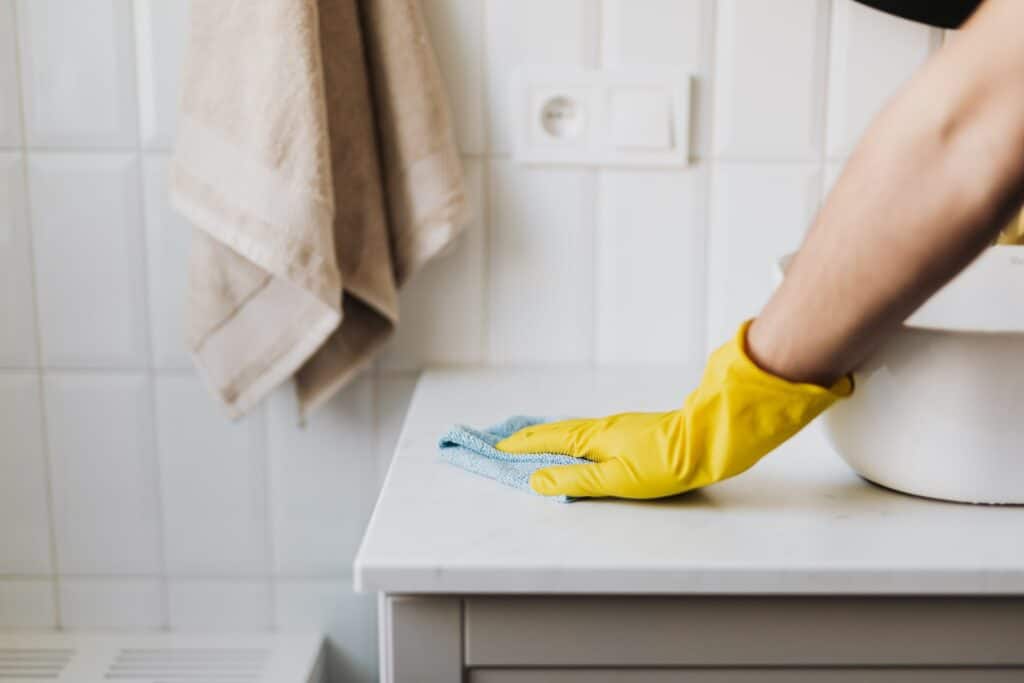
Are you intentional about keeping a healthy home? Then you must clean your home surfaces and make it difficult for germs to thrive there. Ensure that your environment is healthy to avoid constant illness among your family members. Beyond merely cleaning your house, disinfecting is another effective measure you can employ to reduce the spread […]
Importance of Indoor Air Quality In Summer
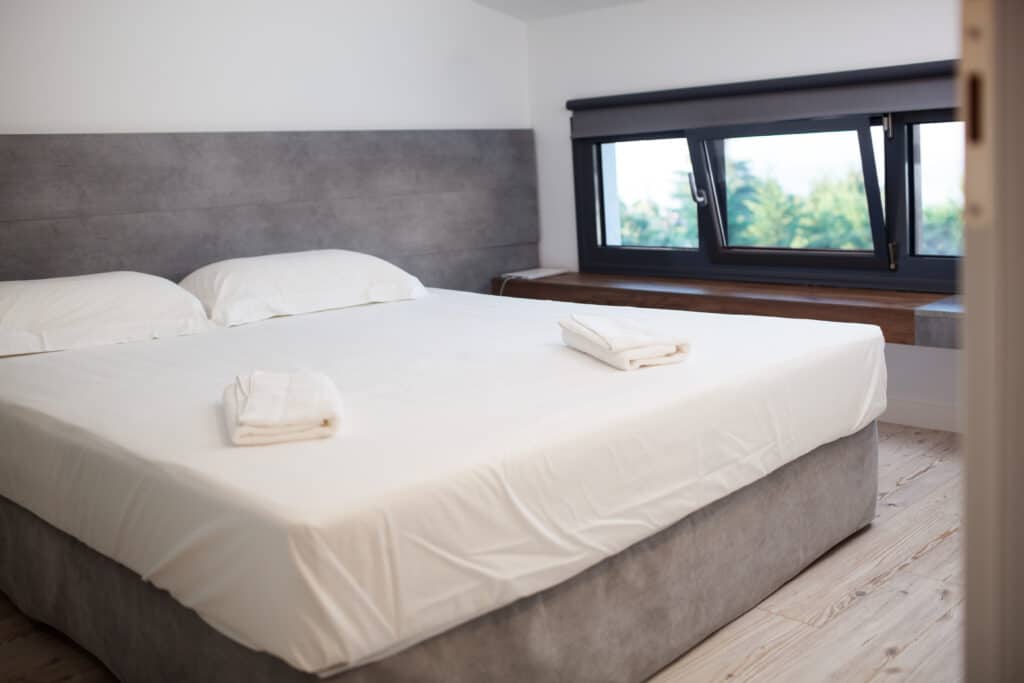
Summertime is a delight to most people. This is because it increases their level of mobility across their city and makes it a perfect season for holidays. However, the increase in activities only affects air quality, especially indoors. The heat contributes to higher air pollution levels that are harmful to health. Many people spend most […]
Yes, Air Purifiers Help with Allergies
Yes, air purifiers work well for allergies. Air purifiers are beneficial because they help to refresh the stale air indoors, which helps in reducing the possibility of health issues such as allergies, asthma, and even respiratory issues. With an air purifier, you can reduce the triggers for these conditions among sufferers, thus promoting good health. […]
Are Air Purifiers Effective for Allergies?
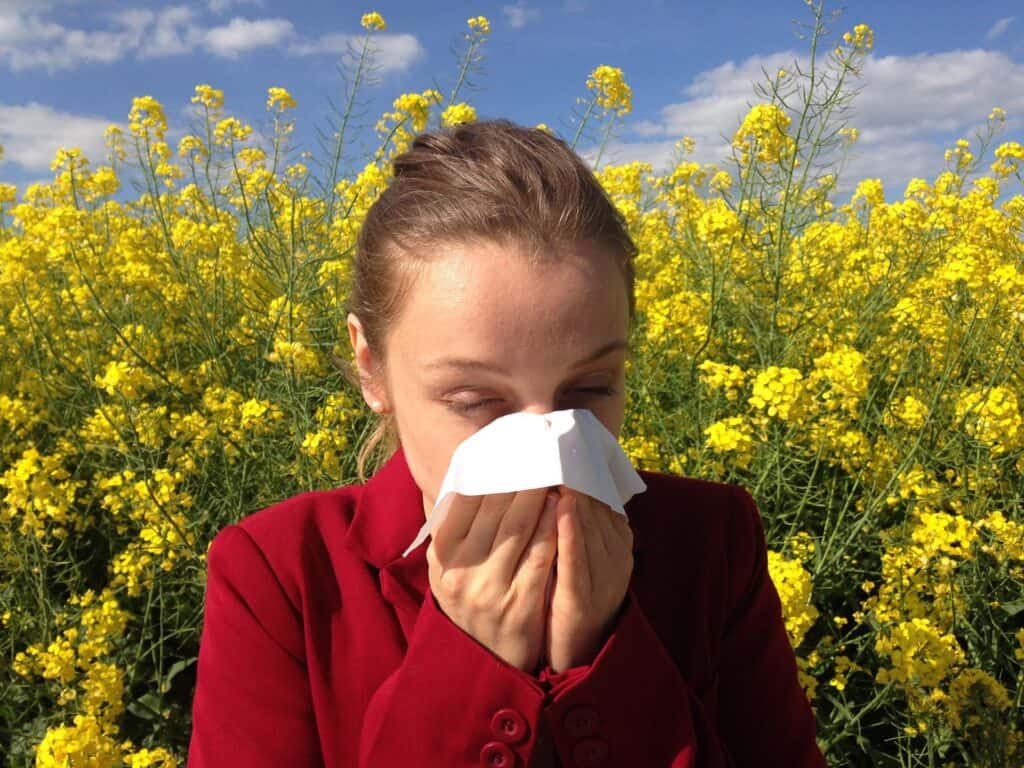
How Air Purifiers Can Help with Allergies Air purifiers have been around for a while, and they have always been used in hospitals, homes and industrial settings. They are also used for allergy relief and asthma relief. The following are examples of use cases of air purifiers: 1) Asthma Relief – The air purifiers are […]
Will An Air Purifier or Cleaner Help Protect Me from COVID?
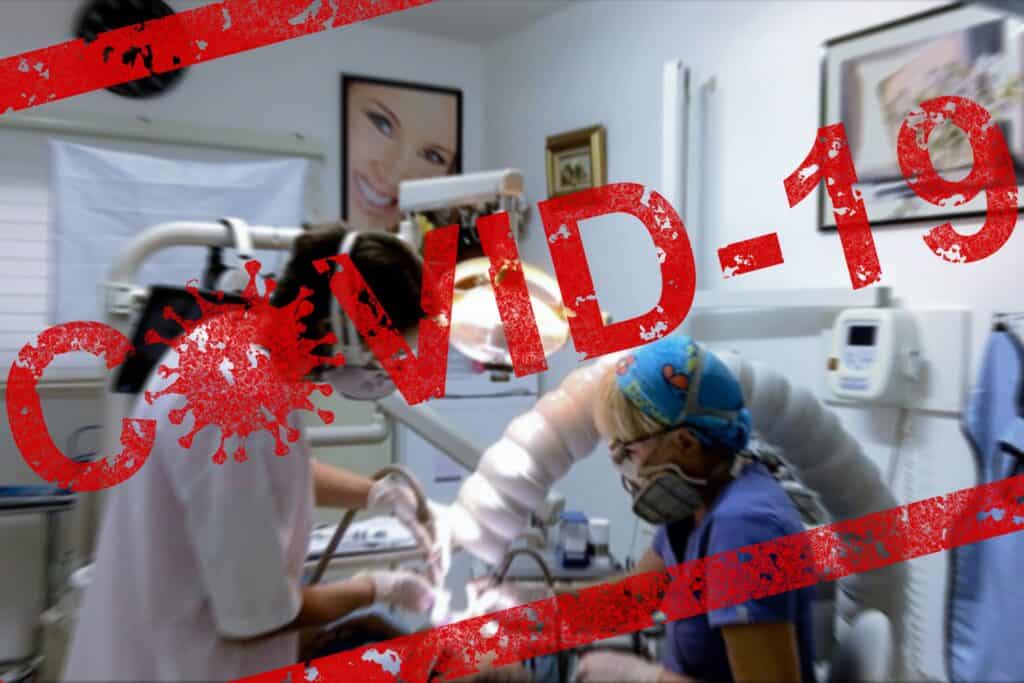
When used properly, these devices can reduce airborne contaminants including viruses in a home or confined space. However, by itself a portable air cleaner is not enough to FULLY protect people from COVID-19. When used along with other best practices recommended by medical and infectious disease experts, using such an appliance can be part of […]
Do Air Purifiers Help With Allergies?

Air purifiers are an increasingly popular addition to homes and offices. They are used for a diverse range of purposes, from removing odors and odorous matter to eliminating dust and pollen to freshening indoor air. For people with allergies, air purifiers can be a godsend. They can help to reduce the amount of pollen and […]
Can Air Purifiers Actually Remove Dust from the Air?
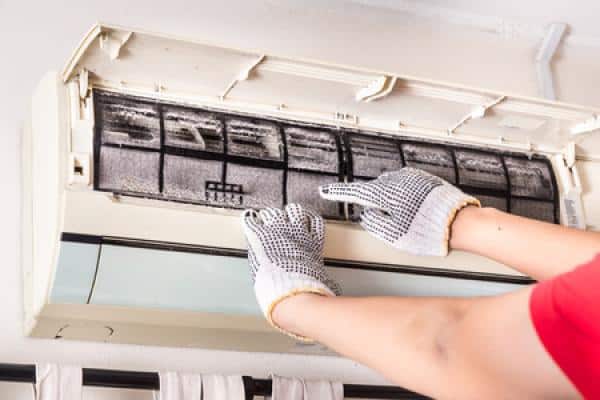
Air purifiers are a popular home remedy for all kinds of ills, from smog to odors. But are they really effective at removing dust? Does it make sense to spend money on an air purifier when you can just use your air conditioner? Let’s look at whether air purifiers can really remove dust from the […]
Air Cleaner Vs. Air Purifier – Which Should You Choose?
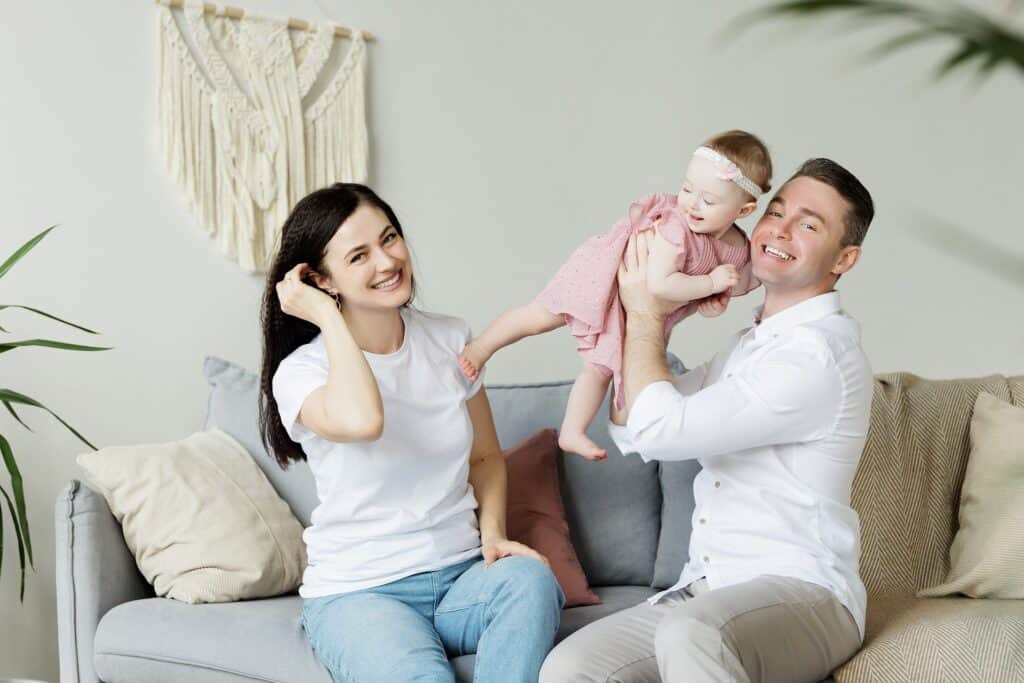
So what is the difference between an air cleaner and an air purifier? If you want to improve the indoor air quality of your home, this is a dilemma you need to resolve. Both allow you to breathe easier by making the air healthier. But how are they different and which should you install? Most […]